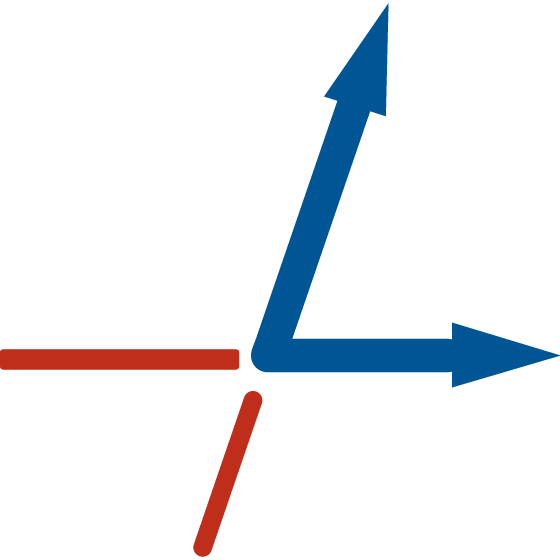
Viktor Frankl’s shares his story of survival in a Nazi concentration camp and the lessons he was able to learn under wretched circumstances. Frankl, an Austrian psychologist who had achieved a modest level of acclaim, had begun writing a book in 1940 that would later be called “Man’s Search for Meaning”.
Before he could complete it, Frankl was taken to a German concentration camp and, like millions of other Europeans, lost his family – two parents, a wife and a brother – at the hands of his Nazi captors. Frankl survived the horrific ordeal and finished his book after his release from Auschwitz in 1945.
His book achieves two levels of remarkable insight. First he recounts his ordeal with brutal honesty and details the fallibility of humans during their responses to challenging circumstances. At the same time, the book sets the stage for the Logo therapy, his theory that man can find happiness only by accepting the circumstance of life. Remarkably he developed his theory in the concentration camp while facing the daily threat of death by starvation or murder.
Is there any greater challenge than striving to learn while enduring the real specter of death revealed on a daily basis? That is the environment in which Frankl pondered the question with an all too elusive answer. He ultimately resolves that you can take everything away from a human being except the power of choice. He ultimately writes that the freedom is the ability “to choose one’s attitude in any given set of circumstances.”
It is during his incarceration in the Nazi prison camp that he discovers the lack of will displayed by so many of his fellow captives. The stress of their ordeals was so overwhelming that people relinquished their choices to the will of their captors. He observed how they caved to the demands of the Nazi guards, even when it meant performing degrading acts and mistreating other captives.
Those behaviors provided insights into the will of man. Rather than allow degrading circumstances and horror of his daily existence to break his will, Frankl decided that it would be the vision of his own future that would keep him alive. It became his goal to later share his psychological theories with others, even fantasizing that he would one day lecture to a group in a large auditorium in Vienna (a vision which later came to fruition!). This vision kept him alive. Surely the physical survival in a Nazi concentration camp was a matter of chance, but the survival of the will was not.
Frankl’s story is poignant on multiple levels and ultimately a powerful testimony to the triumph of the spirit. That it has sold over 15 million copies is hardly surprising. It is a story of tragedy and triumph that every human being should know.
Rick Davis





